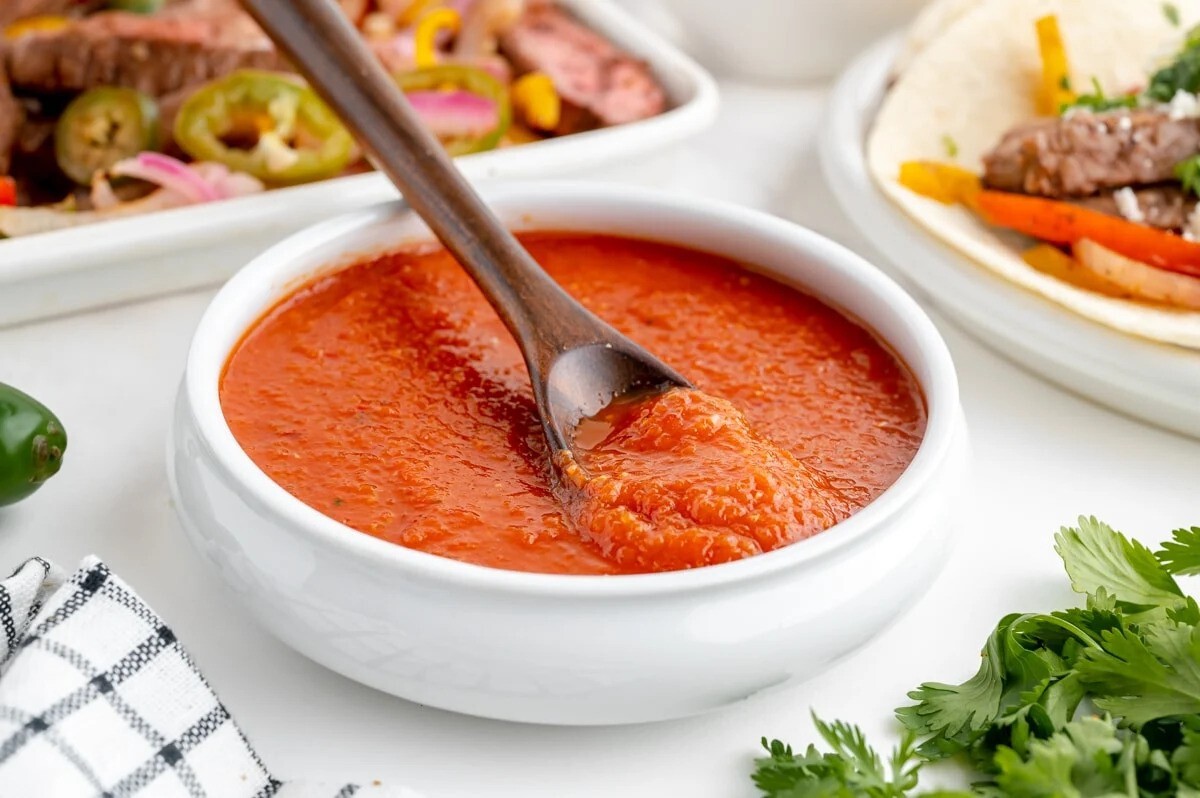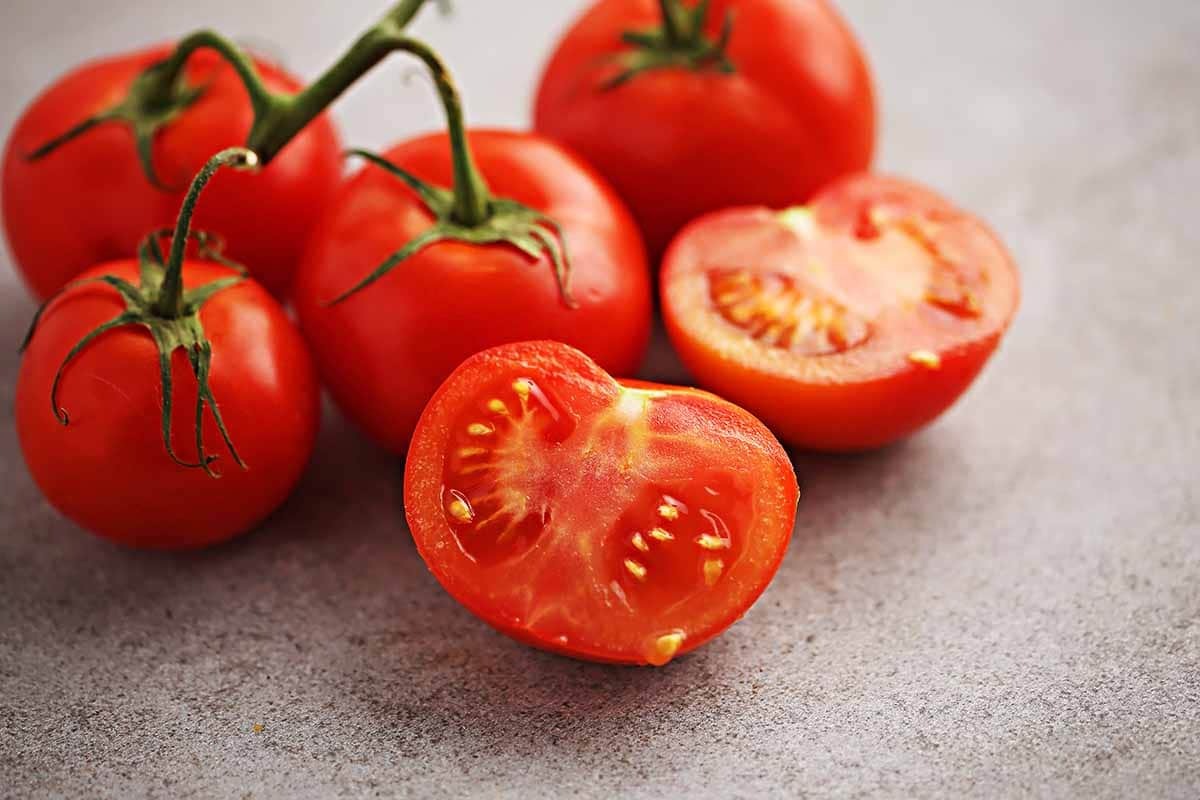The Difference Between Pure Olive Oil and Extra Virgin Olive Oil
When it comes to cooking with olive oil, there are various types available, each with its own unique characteristics and uses. Two popular options are pure olive oil and extra virgin olive oil. While they may seem similar, there are some key differences between the two that are important to understand.
What Is Pure Olive Oil?
Pure olive oil, also known as regular or refined olive oil, is a type of olive oil that has undergone processing to remove any impurities and flaws. This process typically involves the use of heat and chemical solvents to extract the oil from the olives. The resulting oil is then refined to remove any lingering taste or odor, resulting in a mild and versatile cooking oil.
What Is Extra Virgin Olive Oil?
Extra virgin olive oil, on the other hand, is made from the first pressing of the olives, without the use of heat or chemicals. This gentle extraction process helps to preserve the natural flavors and aromas of the olives, resulting in an oil that is rich in taste and nutrients. Extra virgin olive oil is known for its distinct fruity flavor and low acidity, making it a popular choice for drizzling over salads and using in dips and dressings.
Key Differences
Now that we understand the basic processes behind each type of olive oil, let’s explore some of the key differences between pure olive oil and extra virgin olive oil:
- Flavor: Extra virgin olive oil is prized for its robust, fruity flavor, while pure olive oil has a milder taste and aroma.
- Acidity: Extra virgin olive oil has a lower acidity level, typically below 0.8%, while pure olive oil may have a slightly higher acidity due to the refining process.
- Uses: Extra virgin olive oil is best used for drizzling over finished dishes, while pure olive oil is more suitable for cooking at higher temperatures due to its higher smoke point.
- Nutritional Value: Extra virgin olive oil retains more of the natural antioxidants and nutrients found in olives, making it a healthier option compared to pure olive oil.
Which One Should You Choose?
When it comes to choosing between pure olive oil and extra virgin olive oil, it ultimately depends on your specific cooking needs and flavor preferences. If you’re looking for an all-purpose cooking oil with a mild flavor, pure olive oil may be the best choice. On the other hand, if you want to add a bold, fruity flavor to your dishes and enjoy the health benefits of olive oil, extra virgin olive oil is the way to go.
Both types of olive oil have their own unique qualities and can be used in various culinary applications. Whether you’re sautéing, roasting, or simply drizzling over a salad, the choice between pure olive oil and extra virgin olive oil can have a significant impact on the flavor and nutritional value of your dishes.
Conclusion
While pure olive oil and extra virgin olive oil are both derived from olives, they differ in terms of flavor, acidity, and processing methods. Understanding these differences can help you make an informed decision when selecting the right olive oil for your cooking needs. Whether you’re aiming for a subtle, versatile oil or a bold, flavorful option, there’s a type of olive oil that’s perfect for your culinary creations.
Next time you’re in the kitchen, consider the unique qualities of pure olive oil and extra virgin olive oil, and choose the one that best suits your cooking style and taste preferences.
Was this page helpful?
Read Next: What Is A Potato Roll?











